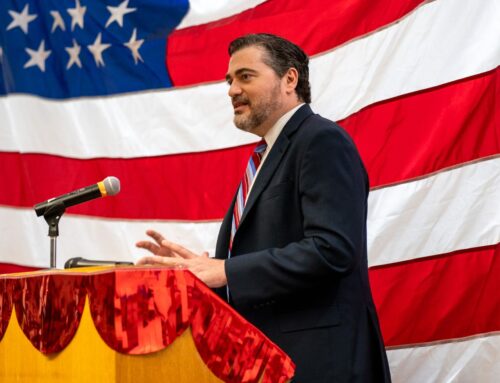By Ron Hurtibise, South Florida Sun Sentinel | June 26, 2020
Rising mortgage delinquency rates in Florida are raising fears that the coronavirus pandemic will lead to a foreclosure crisis as bad if not worse than the one that followed the 2008 housing crash.
Some experts are optimistic that far fewer homeowners will lose their homes to foreclosure if effective treatments and a vaccine are developed by early next year. Others see historically high unemployment rates leading to a wave of foreclosures, plummeting home prices and economic misery.
A new report by real estate data analytics firm Black Knight contains a sobering statistic: The percentage of Florida homeowners who could not or did not make their mortgage payments in May was fifth-highest among all 50 states. The company reported that 10.5% of Florida mortgage borrowers were delinquent, in foreclosure, or in a payment respite known as forbearance.
That’s about 389,000 of 3.7 million mortgage loans in Florida, the company said.
In the U.S. overall, 4.3 million homeowners were past due or in active foreclosure in May, pushing the national delinquency rate to 7.8%, its highest level in 8.5 years.
The 4.3 million includes 1.3 million who were already delinquent prior to March and 3 million who became delinquent over the past three months, Black Knight reported. Of those 3 million post-pandemic delinquencies, 90% worked out a forbearance plan with their lenders that allows them to skip making payments — for up to a year in most cases — and work out a repayment strategy when they are ready to resume paying. Most repayment options include paying the missed payments in a lump sum, spreading the sum over 12 months or shifting the missed amount to the end of their loan.
A higher percentage of mortgage payments have been made in June compared with the same time in May, “suggesting the rise in delinquencies may be leveling off,” Black Knight’s report says.
Florida’s 10.5% delinquency rate in May was well below its historic high of 25.4%, or roughly one of every four mortgages, in January 2010, Black Knight’s report shows.
As Florida’s reopened economy continues to pick up steam, workers displaced in March are going back to work and resuming making their mortgage payments so they don’t fall too far behind, said Mike Azzarello, president of the Mortgage Bankers Association of Florida. He added, “I don’t expect a large number of those COVID forbearance loans going into foreclosure.”
Some see misery ahead
Not everyone shares Azzarello’s optimism.
Nearly 30 million jobs have been lost in the U.S., including nearly 1 million in Florida, according to federal and state data. Many of them won’t be returning anytime soon, says Bruce Jacobs, a Miami attorney who spent years representing banks in foreclosures before switching sides to defend homeowners after the housing crash.
“Any business model based on getting people to a location and spending money is going to change,” Jacobs said.
Josh Migdal, a mortgage fraud litigator with Miami-based Mark Migdal & Hayden, sees Florida’s 14.5% unemployment rate in May — among the nation’s highest — leading to increased foreclosures and a glut of properties on the market. Within a year to 18 months, the glut could trigger a 10% to 20% decline in housing prices, he said.
Jacobs predicts that banks are waiting to foreclose on delinquent homeowners not protected by up to a year of forbearance. They include low-income borrowers forced into the subprime market whose loans are not backed by the government, he said.
“At some point, the foreclosure moratorium will end and lawyers for the banks will start filing foreclosures and scheduling sales,” he said. “Courts will be inundated.”
While agencies that oversee government-backed mortgages require mortgage servicers to offer loan modifications to homeowners who can resume monthly payments at the end of their forbearance periods, borrowers won’t qualify if deemed unable to make those payments, he said.
“I think we stand on the precipice of a very sad era in America,” he said. “Lots of very good people are going to lose their homes because the economy is not there to sustain them. It’s going to be far worse than 2008.”




